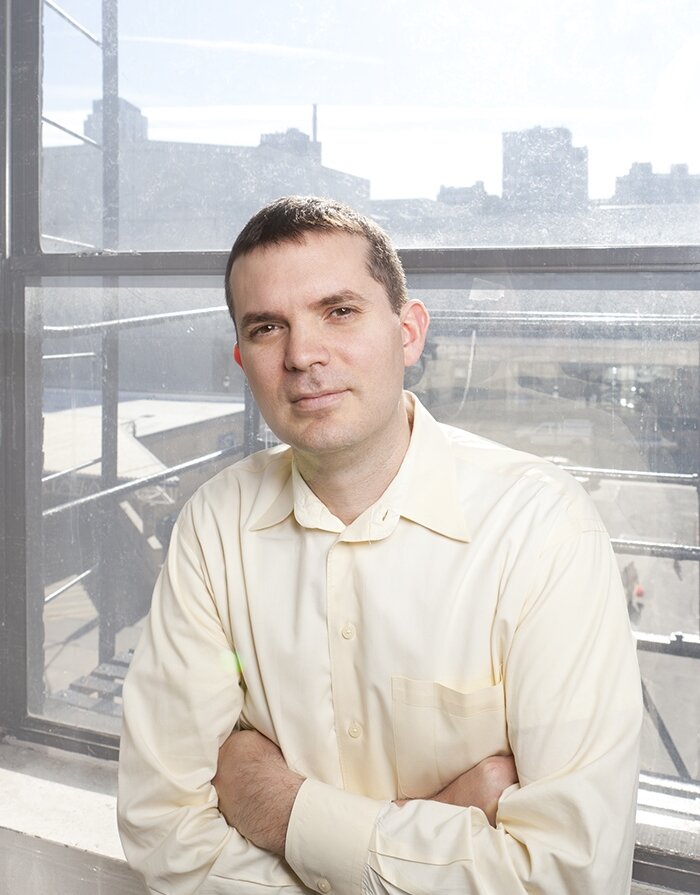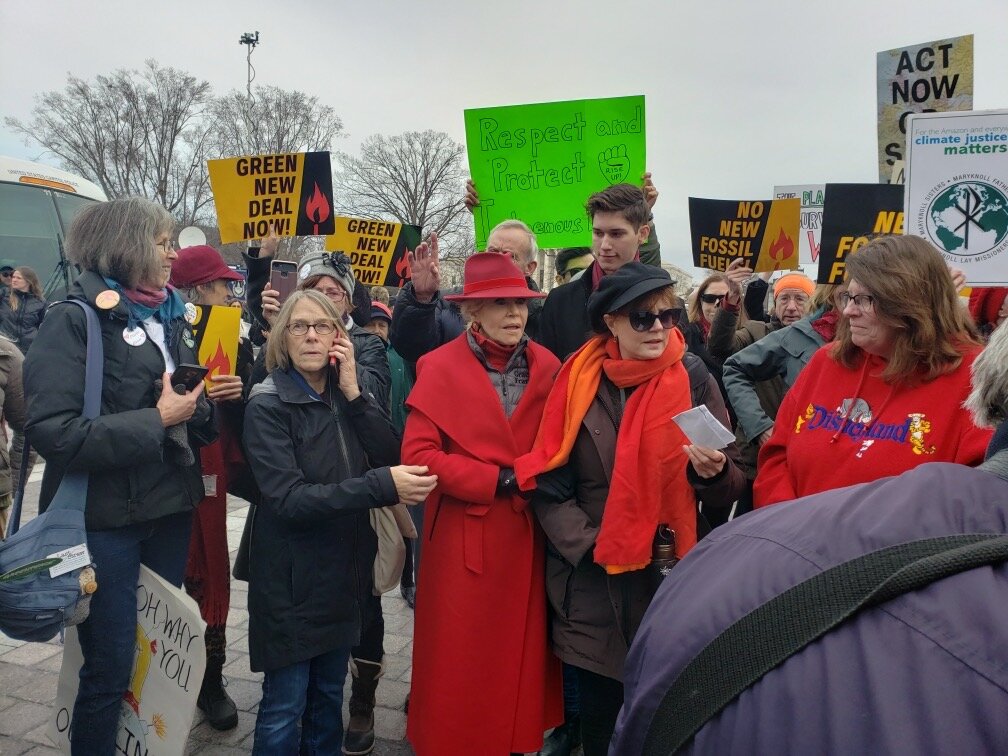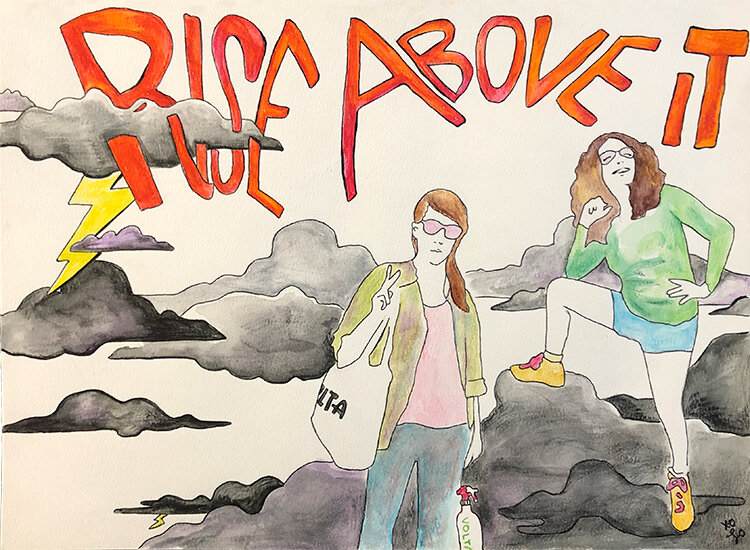It’s hard to overstate how inspiring I find the business owners featured in this month’s issue of Grid. They all fall under the rubric of social entrepreneurship, which often includes the triple bottom line of “people, planet and profit.”
Most businesses operate with a single bottom line, and that, of course, is profit. Grant Blvd, Triple Bottom Brewery and Quaker City Coffee, on the other hand, take aim at the biggest problems we have: poverty, racism and climate change. Yet in the face of these daunting challenges, these business owners aren’t discouraged. In fact, they are energized.
As a rule, capitalism does not reward altruism. Running a business with concerns beyond the bottom line is akin to entering a boxing match and volunteering to tie an arm behind your back. Holding your business accountable to your values is hard, and usually costs more money. I regularly talk to small business owners in the sustainability world, and many of them struggle to do what they think is right and remain financially viable.
But yet, they persist. They dream big. Instead of taking advantage of cheap materials and factories overseas, they slow down the waste stream of fast fashion by using second hand garments. They hire people who were formerly incarcerated. They attempt to integrate neighborhoods in a meaningful way. They fight climate change.
Close readers of my monthly notes (Hi, Mom!) know that I teeter between unbridled optimism and eco-despair, a term used to describe the sadness one feels when recognizing the destruction of our planet, the extinction of species and the overall decline of the life-giving systems of our planet—all by our own hands.
If you have felt this feeling, or even if you’ve come to the doorstep of it and looked away instead, there is a book I just encountered that I highly recommend: “Active Hope: How to Face the Mess We’re in without Going Crazy” by Joanna Macy and Chris Johnstone.
What I find so powerful about this book is that, instead of glossing over the sadness and loss we feel, it acknowledges and legitimizes it. Our emotions are not something we need to hide or bury, but confront.
But we must not succumb to despair. After becoming aware of our grief, the authors ask us to imagine a world where we want to live. For example, if we didn’t burn fossil fuels, how would society work? What are the steps we need to take to get there?
One way of understanding what we are witnessing, according to this book, is the Great Unraveling, and that encompasses economic decline, resource depletion, climate change, social division and war, and mass extinction of species.
But another way to see things is that we are on the cusp—and actually have already begun—the Great Turning, where we will make the commitment to act for the sake of life on Earth.
Each of these entrepreneurs featured in our pages has imagined a beautiful and different world than the one we live in right now. They are playing their part to stem the tide and reverse the trends. I’ll leave you with a brief passage from Active Hope.
Active hope is not wishful thinking.
Active hope is not waiting to be rescued
by The Lone Ranger or some savior.
Active hope is waking up to the beauty of Life
on whose behalf we can act.
Happy New Year, everyone! Let’s make 2020 the year the Great Turning became inevitable.





